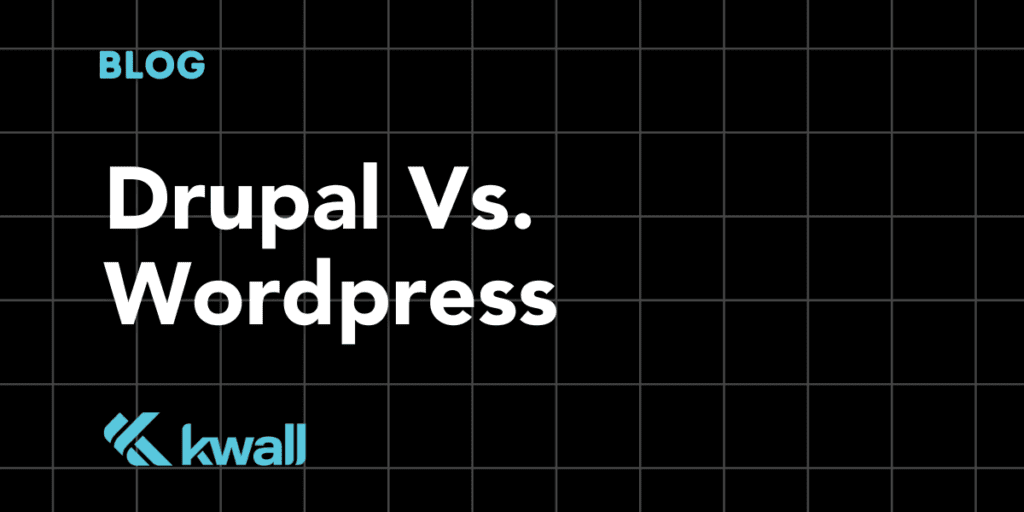
In the vast realm of content management systems (CMS), two prominent names often dominate the conversation: Drupal and WordPress. While they may seem similar at first glance, there are significant differences between them that could make or break your website’s success. Let’s delve into the key distinctions between Drupal vs. WordPress:
Drupal: Embracing Boundless Possibilities
If you’re looking for full flexibility when it comes to building your website, Drupal is the way to go. It’s like having a blank canvas in front of you, where you can create anything you want without any limitations or restrictions. With Drupal, you have complete control over every aspect of your website, from design and layout to functionality and features.
Known for its modular and extensible architecture, Drupal offers a level of flexibility that surpasses the restrictions of WordPress. As organizations grow, their digital demands evolve, and this is where Drupal truly shines. With its enterprise-grade capabilities, Drupal is designed to handle high-traffic websites, complex architectures, and extensive content ecosystems. From large-scale corporate websites to government portals and educational platforms, Drupal’s scalability ensures seamless growth and performance even as your website expands in size and complexity.
While WordPress is renowned for its user-friendly interface and ease of use, Drupal excels in offering granular control and customization options. Drupal’s robust framework empowers developers and site administrators to tailor every aspect of their website, from content types and views to complex workflows and user permissions. With Drupal, your website can be precisely tailored to meet the diverse needs of your audience, providing a truly immersive and tailored experience.
WordPress: User-Friendly Magic
Back in the day, WordPress was known as a great platform for bloggers to share their thoughts and ideas with the world. However, times have changed and so has this popular CMS (Content Management System). Nowadays, it’s more than just a blogging platform.
WordPress is now used by millions of websites worldwide due to its user-friendliness and ease of use. Here are some reasons why WordPress is an excellent choice for your website:
- It offers thousands of themes and plugins that can help you customize your site according to your needs.
- The interface is straightforward, making it easy for beginners to get started quickly.
- You can create any type of website with WordPress – from eCommerce stores to portfolios or even social networks!
- Its community support is vast; if you ever face any issues while using it, there will always be someone willing to help.
Now don’t get us wrong, Drupal still holds its own when it comes to flexibility. But if you’re looking for something that’s not only powerful but also beginner-friendly? Then look no further than WordPress!
Drupal Vs. WordPress: Conclusion
Overall, the difference between Drupal and WordPress lies in their respective levels of flexibility. While Drupal offers full customization capabilities for developers and businesses alike, WordPress is primarily still used with non-custom themes that may not meet all complex website needs. It’s important to consider your specific goals and requirements before choosing the right CMS. So, if you’re looking for complete control over your website’s design and functionality, go with Drupal; but if you want a simpler solution for content creation, choose WordPress. Ultimately, it’s up to you!
To see how KWALL have successfully implemented WordPress and Drupal solutions for our clients, we invite you to explore our case studies. Dive into real-world examples of how we have transformed websites, enhanced user experiences, and achieved remarkable results.



